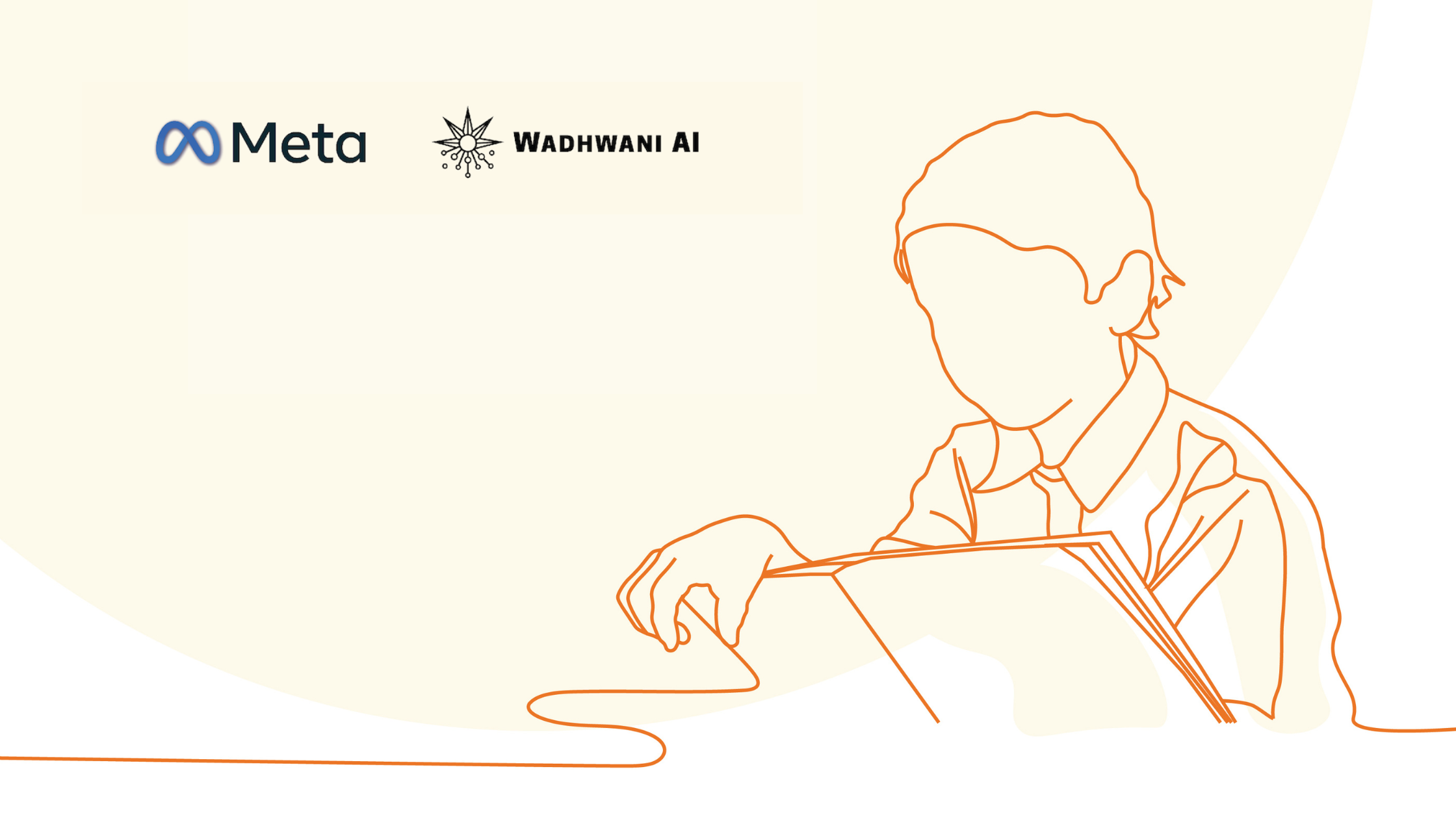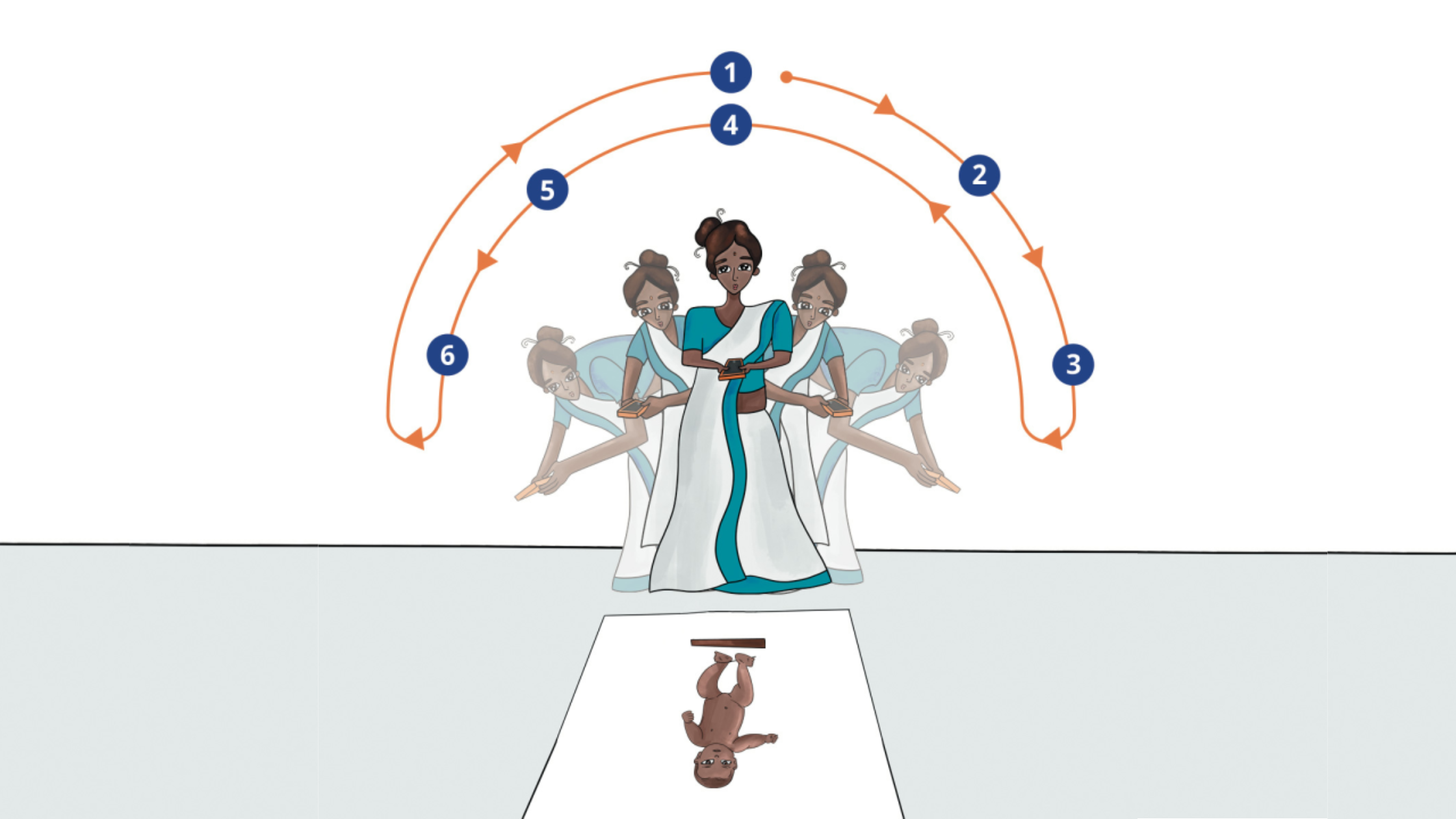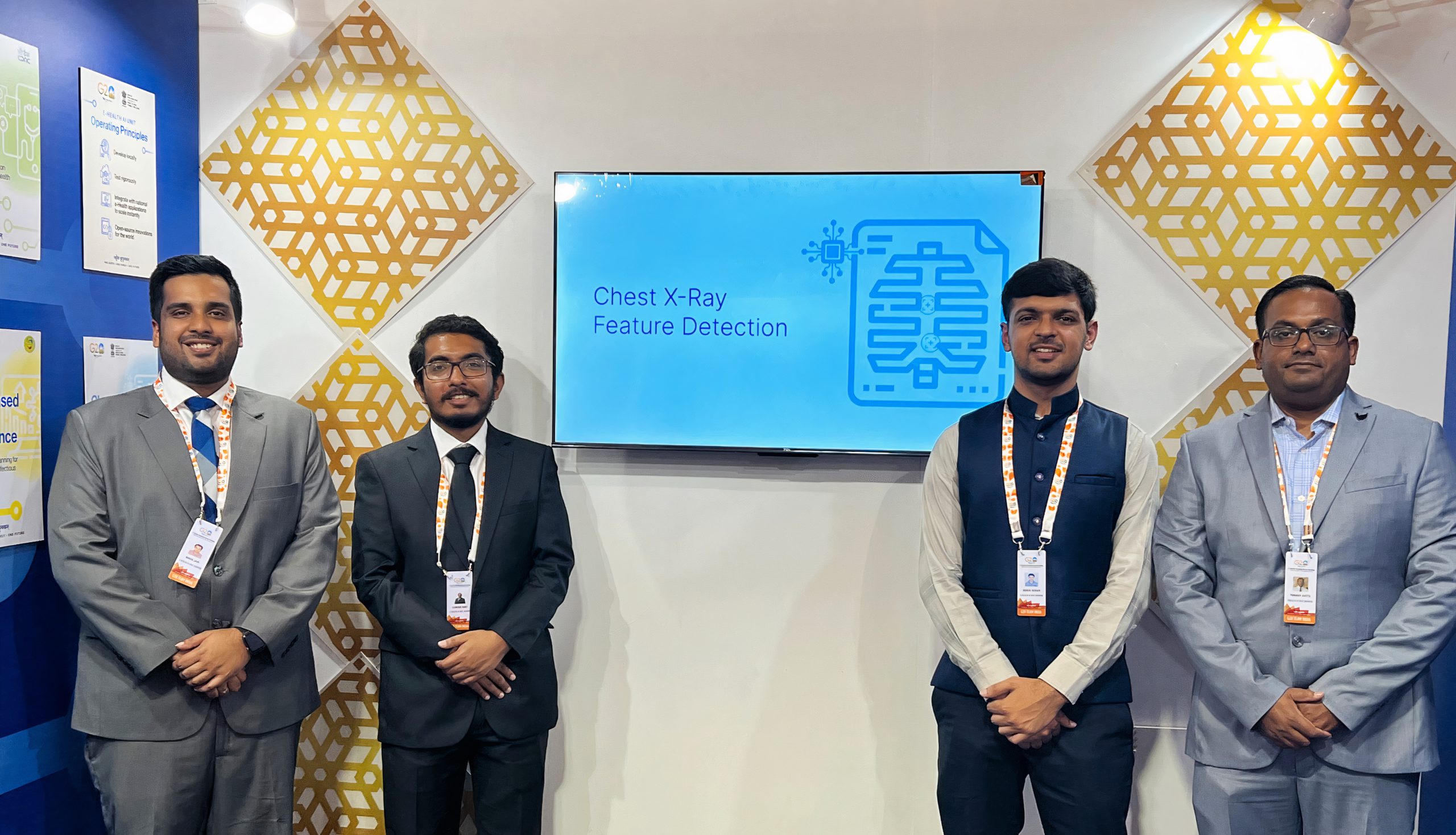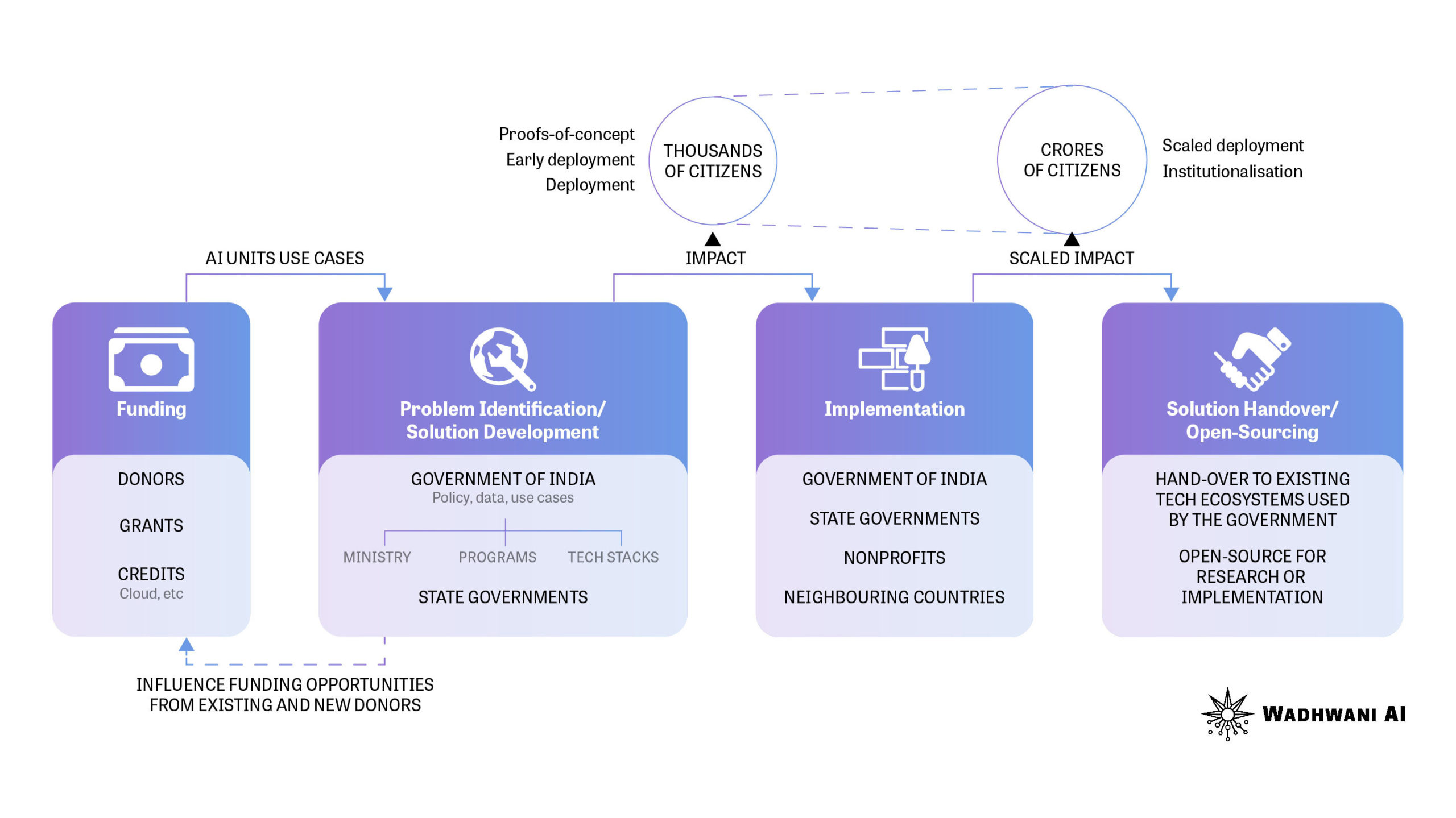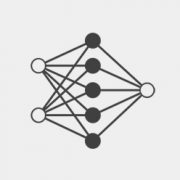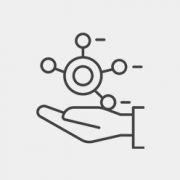This month we welcome nine Google Fellows into the Wadhwani Institute for Artificial Intelligence (Wadhwani AI) family, albeit temporarily. The Google.org Fellowship program is a pro-bono program that matches Google employees with Google.org (Google’s philanthropic arm) grantees for up to six months on full-time technical projects. During this time, they will join various teams within the organisation and collaborate to enable a free exchange of ideas, knowledge, experience, and expertise.
Before we begin introductions, we want to stop and address that this has been a unique year. Covid-19 put most of our plans in disarray. In a normal year, these fellows would have been on the field, talking to farmers, understanding their behaviour, and helping us develop the Early Warning Pest Management System for cotton farmers.
But this year is different. While they may not be able to visit the field, what we do get is their time. What Covid-19 has also done is to make it possible for a very diverse group of people from across the globe to be temporarily part of our organization. Google Fellows will be embedded across engineering, product and program management, marketing, partnerships, and UX/UI Design. We are really excited to see what they will bring to the table.
This is a unique partnership between Google.org and Wadhwani AI. Often, organisations are wary of sharing knowledge, but Google has always been ready to help, understand, listen, and incorporate our expertise.
There is one thing we are looking forward to learning—the ability to scale swiftly and painlessly.
Anna Achilles, Google.org volunteering lead for APAC, said, “At Google.org, our goal is to connect innovative nonprofits with Google’s resources to solve complex challenges through funding, technology, and our employees. We’re extremely excited to launch our first Google.org fellowship program in this region in India, where our employees can contribute their skills and make a sustainable impact, together with the Wadhwani AI team. We look forward to hearing more about their experiences in the coming months.”
Let’s introduce these fellows.

Abhishek Saigal, Marketing Manager
Abhishek is Head of Consumer and Market Insights for Google India. In his current role, he focuses on decoding consumer insights for Google and its advertisers. For the next six months, Abhishek will work on Wadhwani AI’s Pest Management System marketing approach and go-to-market strategy.

Mrinal Sharma, UX Designer
Mrinal leads Google Search and Discover UX efforts for India & South-East Asian users based in Bangalore, India. He has 13+ years of experience crafting UX for large-scale tech products, focusing on designing for the next billion Internet users and emerging behaviours. For the next six months, Mrinal will work on the user experience and the Pest Management System design for cotton farmers.

Prashanth B, Software Engineer / Tech Lead
Prashanth is a Software Engineer at Google. He has worked on the end-to-end development of various products like Chrome, Cloud, and Payments in his time with the company. For the next six months, Prashanth will work on machine learning and backend engineering projects for Wadhwani AI.

Suresh Vedula, Partnerships Manager
Suresh is the Head of Partnerships, Next Billion Users, and is responsible for building an ecosystem that enhances the promise of products and services created for the New Internet Users. For the next six months, Suresh will work on the Pest Management System’s partner strategy and engagement.

Aurelia Martin, Program Manager
Aurelia is the Japan Lead on the Payments Product Operations team. In her role, she focuses on building the Product Strategy for Google Pay, providing market, users & technical insights to the Product and Engineering teams. For the next six months, Aurelia will support project and program management for the Pest Management System.

Jakub Młynarczyk, Software Engineer / Site Reliability Engineer
Jakub is a software engineer on the Technical Infrastructure team. In this role, he focuses on designing software solutions enabling Google to expand its network infrastructure footprint across the World. For the next six months, Jakub will work on machine learning and backend engineering projects for Wadhwani AI.

Ako Kitamura, UX Research
Ako is a Merchandising Manager for the Google Play Store app in Japan, focusing on its campaign launches, product improvements based on access and consumer trends analysis. For the next six months, Ako will work on the user research for the Pest Management System.

Robert Tung, Product Manager
Robert is a Product Manager on Google Maps, focusing on Questions & Answers, or Q&A. Robert has previously worked on place recommendations in Google Maps and on comments. For the next six months, Robert will support Product Management for the Pest Management System.

Abhiram Kasina, Software Engineer / Backend & ML
Abhiram Kasina is a Tech Lead on the Google Pay team. In this role, he focuses on merchant payments in Singapore and expanding them to the rest of the world. For the next six months, Abhiram will work on machine learning and backend engineering projects for Wadhwani AI.
But it doesn’t stop here. We will also have two additional Google employees, who will dedicate 20% of their working schedule to support us with some of our work.

Marcel in ‘t Veen, Partnerships Development / Program Manager
Marcel is a business development manager that built the Google My Business Partnerships Program for APAC. For the next six months, Marcel will work on the partner engagement for the Pest Management System.

Muzayun Mukhtar, UX Researcher
Muzayun is a product research lead at the Next Billion Users (NBU) team at Google. Her research work lies at the intersection of economic development, trust, and hyperlocal online communities in emerging markets. For the next six months, Muzayun will work on user research for the Pest Management System.



